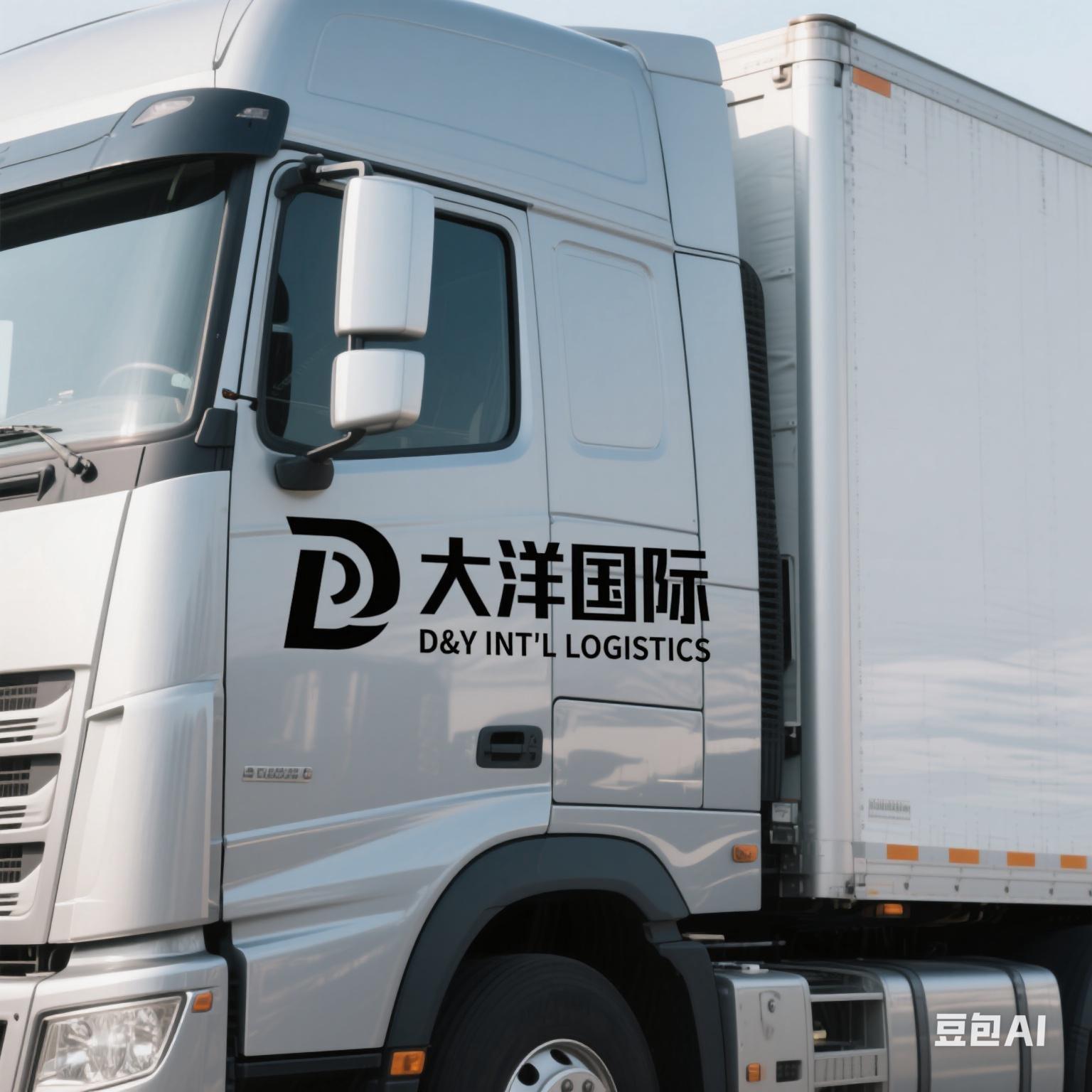how to choose an international logistics provider
Choosing an international logistics provider is a critical decision that can significantly impact your business operations. A comprehensive selection process involves evaluating multiple factors including the provider's global network coverage, technological capabilities, and service reliability. Modern international logistics providers should offer advanced tracking systems, customs clearance expertise, and multiple transportation options including air, sea, and land freight. They should demonstrate strong technological integration capabilities, offering real-time visibility through sophisticated tracking platforms and API connectivity. The provider should maintain robust security measures to protect cargo and data, while also providing flexible solutions for different shipment sizes and types. Essential considerations include their financial stability, industry experience, and compliance with international shipping regulations. The provider should offer comprehensive insurance coverage and maintain strong relationships with customs authorities worldwide. Their customer service should be responsive and available across different time zones, with dedicated account managers for key clients. Additionally, they should demonstrate commitment to sustainability and have clear contingency plans for supply chain disruptions.


